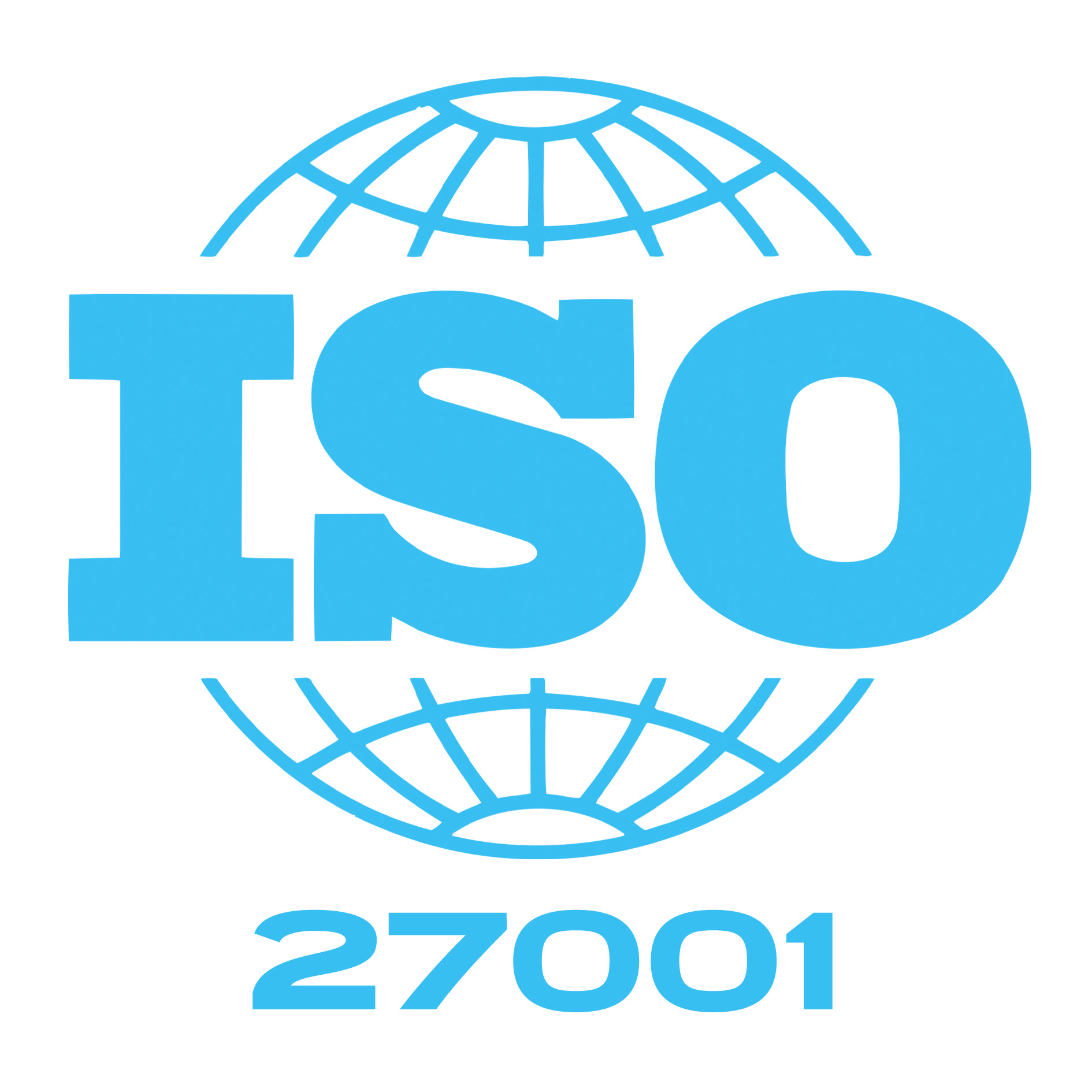The Future Is Now: Brian Hamilton of Hippo Technologies On How Their Technological Innovation Will Shake Up The Tech Scene
By Fotis Georgiadis | June 21, 2021
Expect to be lonely when making hard decisions and expect to dive into an abyss where you cannot see where you are headed but have confidence that you will navigate to success.
As a part of our series about cutting-edge technological breakthroughs, I had the pleasure of interviewing Brian Hamilton, president and co-founder of Hippo Technologies, Inc.
Brian Hamilton is a recognized pioneer and leader in market acceptance and in the deployment of Internet of Things, augmented and virtual reality (AR and VR), and wearable computing technologies in healthcare, education, automotive, consumer packaged goods, oil and gas, power and utilities, transportation and logistics, IT and telecom, industrial manufacturing and entertainment verticals.
Brian most recently was co-founder and Chief Business / Revenue Officer for RealWear Inc., which developed the HMT-1®, a ruggedized head-mounted wearable Android tablet for industry. While in this leadership role, Brian established a global sales force, ISV partner and channel reseller network and successfully drove product adoption in over 57 countries growing RealWear from concept stage to the world leader in market share in industrial wearables. While in this role at RealWear the organization grew from four to over 130 employees, established two domestic and five international offices and raised more than $100 million in capital.
Thank you so much for doing this with us! Can you tell us a story about what brought you to this specific career path?
Ihave always been a believer in the future of wearables and the impact they can play in the real world as we look to democratize knowledge transfer and support the human race on a global basis. In 2013, I began my work in wearables and Augmented Reality with Smart Helmet sensor devices and in 2016, I founded the company RealWear with other industrialists and technologists who shared that passion for the future of voice driven by wearables with a focus on acceptance of these devices based on certifications in highly regulated and compliant environments.
In 2019, I met Dr. Pat Quinlan, the former CEO of Ochsner Health and we discussed a vision of how the work we were doing in the industrial sector could be applied to healthcare and how these devices can support clinicians all over the world to globalize healthcare through enhanced mobility. Our company began in Nigeria at the Royal Dutch Shell Hospital in Port Harcourt, where the devices were used to support virtual consultation, proctoring, rounding and teaching with my co-founder of Hippo Technologies, Dr. Wale Sulaiman. (https://www.cnn.com/2019/10/03/africa/dr-sulaiman-free-surgeries-intl/index.html)
I cherished my time in Nigeria and sub-Saharan Africa as the work we were doing greatly mattered and helped people get access to care they needed when they needed it. Experiencing this impact first hand made this a calling and this was right before the pandemic which made our mission even more timely and relevant.
Can you share the most interesting story that happened to you since you began your career?
I have been lucky to have been able to deploy these technologies in over 50 countries and there are countless stories and memorable moments supported by so many amazing people. One interesting story that was a highlight for me was getting to test head-mounted devices with Team USA of SailGP on the fastest sailboats in the world in San Francisco Bay. Team USA for SailGP (https://sailgp.com/teams/united-states/) took it easy on me, but seeing how the headsets operated at these speeds and in that G-Force environment was memorable and special. SailGP and the teams involved are amazing people and some of the most technologically savvy innovators I have met to date.
Can you tell us about the cutting edge technological breakthroughs that you are working on? How do you think that will help people?
I’m super excited for the continued advancement of MedTech. At Hippo Technologies, we are working on the future of just-in-time healthcare delivery via mobility and heads-up displays with a focus on enabling people to get access to healthcare regardless of where they are located geographically or their economic means. There are a few buckets of technological breakthroughs we are working on: these include an open API interoperable platform designed to leverage voice and hands-free computing at the edge which opens the world of AI on-demand and more as well as a focus on the technologies which can transform the delivery of healthcare in the home. We also are focused on the future of wearable computing and the mainstream adoption of the next generation of mobility devices.
How do you think this might change the world?
We believe that the work we are doing bridges the gap between physical care and virtual care, enabling healthcare providers and educators to overcome the barriers of time, distance, and training to deliver all the benefits of an in-person experience through the safety and convenience of remote care. There is an opportunity to globalize healthcare and provide new levels of access to make the world a better place.
Keeping “Black Mirror” in mind, can you see any potential drawbacks about this technology that people should think more deeply about?
Self-awareness when in disruption mode is important and always with change comes unintended consequences; some good and some not so positive. Possible drawbacks can be similar to traditional mobility where people have the potential to always be connected like with our phones and digital burnout can occur. Providing participation tools for on-demand care where the demand will always outweigh supply will be a difficult balancing act and it is always important to retain the clinical decision-making process by the human and not the machine. AI decision trees can be helpful, but we should work hard to retain the human decision-making process through this advancement and be mindful of the sacrifice it takes to be a healthcare professional and continue to advance training for the future of tomorrow in this area on a global basis. Technology is a tool, but should not be designed to replace the human element of care and the empathy that is required when treating and helping human beings.
Was there a “tipping point” that led you to this breakthrough? Can you tell us that story?
There was one story in particular in Port Harcourt, Nigeria at RNZ (Royal Dutch Shell) Hospital which made me realize the power of the opportunity and what could be possible. A woman was going into surgery and was literally being wheeled into the operating room and one of the doctors started a pre-op consult with her with a head-mounted device-enabled consultation. The patient was so curious that she wanted to try the device before her surgery, and she was able to interact with not just the physician treating her but others in the hospital instantaneously before her procedure. At that moment, I saw the future of Hippo Virtual Care –the power and availability and also the clinician-patient connection that technology made possible. It was a life-changing experience.
What do you need to lead this technology to widespread adoption?
There are a variety of adoption drivers for changing mobility in healthcare. Connectivity (LTE, WIFI and Satellite) is key to the universal adoption of wearables. We also need to pay particular attention to the evolving compliance and data security implications of virtual care, which forms the backbone of our solution.
What have you been doing to publicize this idea? Have you been using any innovative marketing strategies?
I have been an evangelist for the scale and adoption for head-mounted displays for many years, but the key is to have partners, customers and ecosystems tell the story of the value. We have been fortunate to have some of our partners sharing their successes, but by design we have been relatively quiet on marketing hype so that we can allow the global healthcare community to adopt and share their vantage points on the specific value. There are so many potential use cases in healthcare to make the delivery and experience of care more convenient, more efficient, and more affordable, while improving quality. More will be coming to light in the near future directly from the clinical communities we support.
None of us are able to achieve success without some help along the way. Is there a particular person who you are grateful towards who helped get you to where you are? Can you share a story about that?
Too many to count as so many people have found a special place in my life and with this journey.
My family has influenced this work as my father has dedicated his life to advancement of medicine at Johns Hopkins, MD Anderson and City of Hope. My little brother who is a retired Major League Baseball player is on the front lines as a doctor in the New York City area (https://www.espn.com/mlb/story/_/id/29089594/inside-mark-hamilton-journey-mlb-md-fighting-coronavirus) through COVID.
Also, on the technology side, I must always point to my co-founders at RealWear for their influence and for working so hard to deliver the future in this area. There are many in the RealWear family who have contributed to wearable computing advancement including Chris Parkinson, Sanjay Jhawar, Andy Lowery, Stephen Pombo, the Kolev brothers, Ken Lustig, Melissa Ownby, Andrew Chrostowski and others where execution and resilience delivered change in the world of wearable computing many thought was impossible.
On the healthcare side it is my partners at Hippo Technologies including Dr. Patrick Quinlan, Wale Sulaiman, and the entire team who rallied around these technologies and helped to drive this reality as we found ourselves in a once-in-a-lifetime pandemic situation.
How have you used your success to bring goodness to the world?
At Hippo Technologies we are committed to helping the people and organizations who can benefit the most from new levels of healthcare access. We have launched the Hippo Global Health Initiative to help charities and underserved communities with these technologies and to provide global access to healthcare knowledge networks. Providing education and global support networks can really make a difference.
What are your “5 Things I Wish Someone Told Me Before I Started” and why? (Please share a story or example for each.)
- Don’t let worry consume you through the process and enjoy the ride by valuing the successes and learning from the failures.
- Rip the bandage off quickly when things are not working. Always be compassionate, but be prepared for daily, monthly and annual changes and remain agile to auto-correct.
- Meet regularly with your mentors for advice, consultation and learn from every interaction.
- Be different in the investment pitches. Don’t focus on hockey stick growth projections which everyone shows and ground yourself with a focus on stair step growth and reality.
- Expect to be lonely when making hard decisions and expect to dive into an abyss where you cannot see where you are headed but have confidence that you will navigate to success.
You are a person of great influence. If you could inspire a movement that would bring the most amount of good to the most amount of people, what would that be? You never know what your idea can trigger 🙂
Globalized approach with a concept called Polymorphic Medicine.
https://hippohive.org/the-future-of-healthcare-polymorphic-medicine/
Polymorphism is the ability of medicine to take on multiple forms — not just delivered by physicians in a clinical setting addressing sick patients but representing a holistic, integrative approach to health, care and wellness that meets the individual where they are now, both physically and emotionally, where they live, work, learn, play, and pray. It transcends the clinical setting and is firmly rooted in the social, environmental, and behavioral determinants of health and it is our belief that good health is co-created by individuals, the system that supports them, and the environment in which they live.
Can you please give us your favorite “Life Lesson Quote”? Can you share how that was relevant to you in your life?
Carpe Diem: Seize the day. Seize every day. I have tried to maximize every day and every experience in my journey of life. I believe that you have to take calculated risks in your thinking and if you cannot dream about an idea then you cannot try to achieve it.
Some very well-known VCs read this column. If you had 60 seconds to make a pitch to a VC, what would you say? He or she might just see this if we tag them 🙂
I appreciate the investment community and the investors who enable success and progression. My ask of the VC Community is to continue to make their criteria of investment clear as it takes an amazing amount of time for entrepreneurs to approach that world. Ironically, I do have an investor close from an elevator experience in 2018 so even this cliché is possible.
In an elevator, I would share an idea of their participation in redesigning healthcare via Virtual Care. If there was an interest alignment in that mission, vision, value and purpose, I would invite them to learn more about how that can be reality in the next 36 months and how that can drive valuation, returns while actually bring new levels of healthcare access to those who need it most.
How can our readers follow you on social media?
linkedin.com/in/brianchamilton
Twitter: @Bchtech
Thank you so much for joining us. This was very inspirational.





